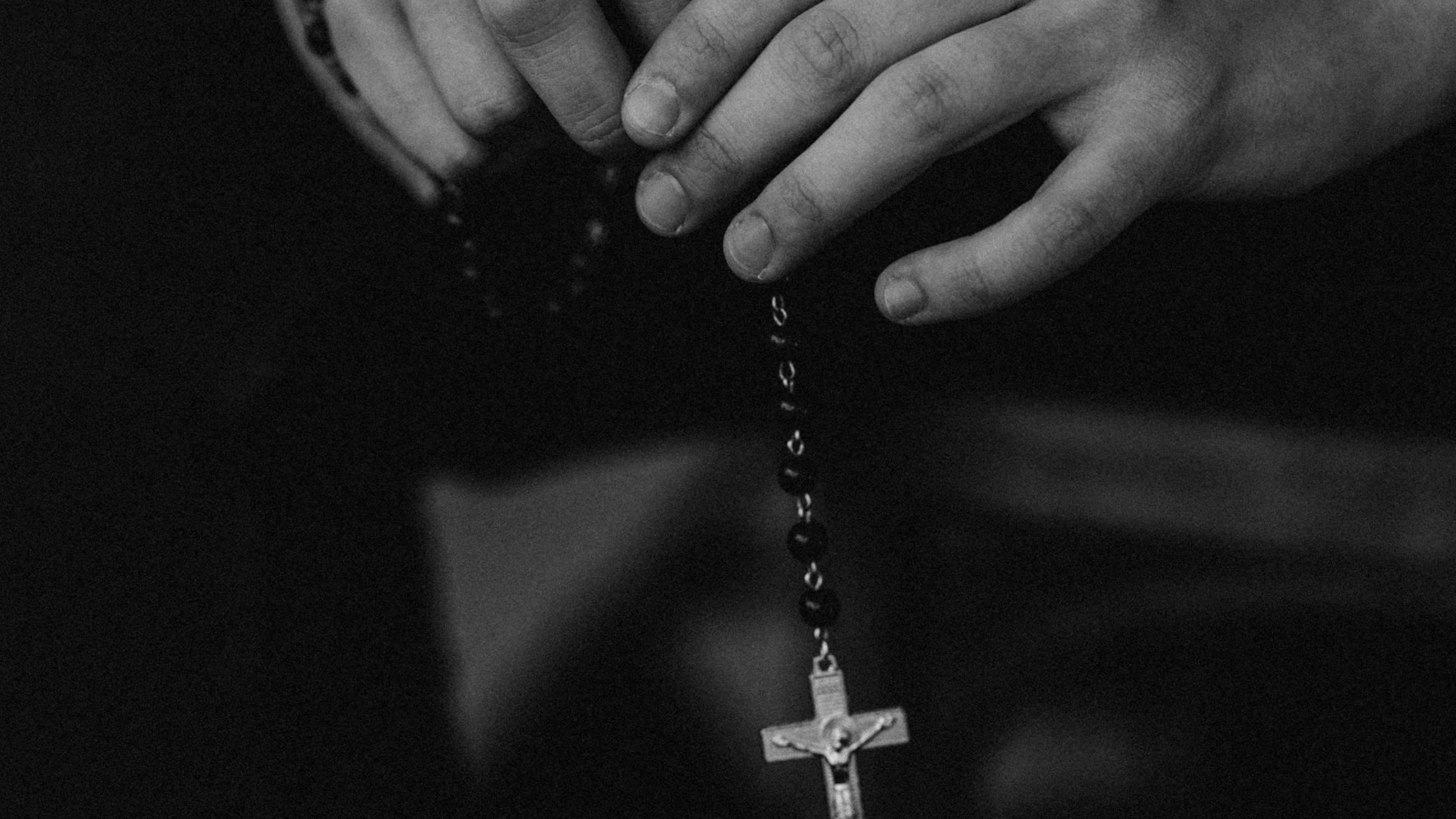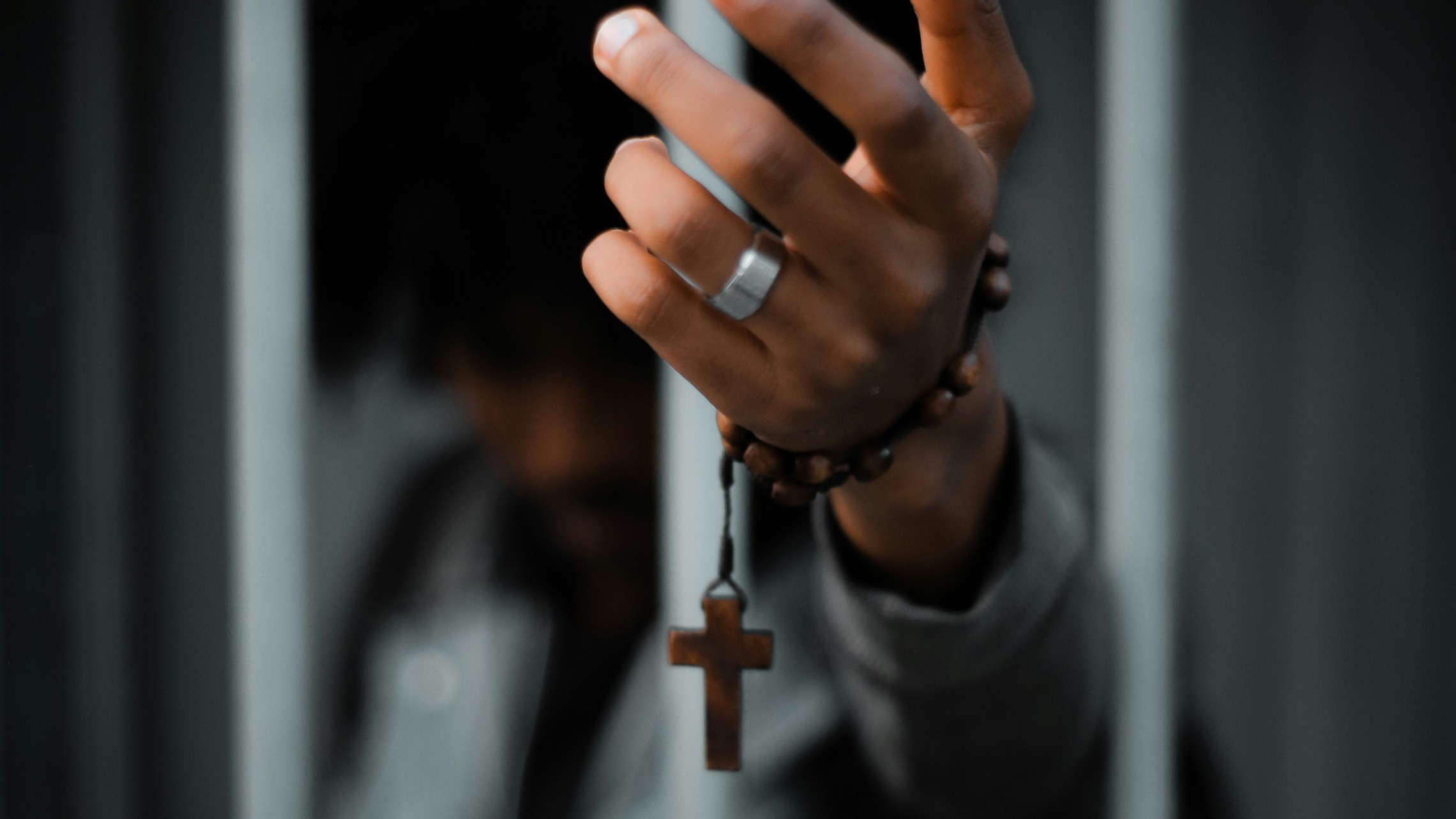
Within the volumes of communication that occur back and forth between parent and child, there is a phrase that is sure to come up at least once; Remember to tell the truth. This particular parental directive may sound fundamental to our ears of ethical and moral common sense. Still, in today’s human appetite for moral indifference, relativism, and ignorance of anything dogmatic and doctrinal, this may not be the case anymore.
From a communal family perspective, there was an expectation and understanding that one of the greatest virtues a man can possess is the ability to tell the truth. The art of telling the truth is associated with a personal disposition to seek a relationship with Jesus Christ and avoid the temptation and disposition to promote a lie. The evolution of the first lie related to the first sin reveals the human desire to seek gratification, even if it is wrong. The need to lie only develops into a full-blown addiction when you interpret lying as the only means for you to function with yourself and others, hence living a lie.
It is fair to say that most of us do not like being lied to unless the lie provides cover for another lie. In this situation, truth becomes a nuisance because it denies an opportunity to satisfy a personal desire that most likely may not be beneficial to our soul. Still, the carnal desire to lie can be very strong even though you realize you should not, but you do anyway because the attraction to lie and the result of the lie is more appealing than telling the truth. Or, you convince yourself that there is less risk in lying than in telling the truth. In his letter to the Romans, we encounter St. Paul’s discourse in chapter seven, where he recognizes that his human desires should not displace his relationship with Jesus Christ. However, he is still tempted to act on his human desires even though he knows he should not. We see in St. Paul’s discourse that there is a greater risk in lying to yourself than in seeking moral truth because of the spiritual and moral distance he creates away from Jesus every time he chooses to sin.
A truthful nuisance
As I mentioned earlier, there is a unique familial dynamic between parent and child; the role of the parent is to introduce, educate, and demonstrate their child’s identity as a child of God. From a pedagogical standpoint, a child learns from observing the parental/family environment in body, mind, and heart. Part of this human relational dynamic is the handing on of the Sensus Fidei, or the understanding of how to live a life predicated on matters of faith and morals within the family. The dynamic of a familial Sensus Fidei is based on Jesus Christ as the witness of active Christian living, which involves a genuine expression of love for Jesus Christ and their family.
The Catechism reminds us that:
The whole people of God shares also in Christ’s prophetic office, above all in the supernatural sense of faith that belongs to the whole people, lay, and clergy, when it unfailingly adheres to this faith, once for all delivered to the saints, and when it deepens our understanding and becomes Christ’s witness in the midst of this world.[1]
The premise of living and speaking within the structure of the Sensus Fidei is fundamental because it manifests a universal belief that comes directly from God through the Son and, in turn, provides a proper sense of objective truth in matters of faith and morals. Hence, our willingness to live as a disciple of Jesus Christ and come to bear witness to the truth.[2]
And here lies the nuisance in this proposition, the responsibility to bear witness to the truth above all else. In his letter to St. Timothy, St. Paul reminds him not to be ashamed of testifying to our Lord.[3] In situations that require a witness to the faith, the Christian must profess it without equivocation and keep a clear conscience toward God and men.[4]
The Risk of Truth
There is a risk when professing objective truth based on faith, reason, logic, and simple common sense. Some of these risks involve community alienation, spiritual and emotional chastisement, calumny, public ridicule, verbal assaults, and, worse, physical harm are just some of the risks involved in professing/telling the truth, so help you, God. Ironically, in a court of law, a witness is sworn in and asked to publicly declare that he will tell the truth and nothing but the truth, so help him, God. And yet, in the court of public opinion, a deviation from objective truth appears to be the law of the current day.
My father-in-law would always remind the entire family that when you speak to someone, make sure to let your “yes mean yes, and your no mean no,” which he based on the Gospel of St. Matthew.[5] He successfully reminded us daily that our words and actions must exhibit objective truth because our aim is to help and respect the dignity of the person right before us. He preached the eighth commandment, which compels us to be truthful and respectful of one another. Truth as uprightness in human action and speech is called truthfulness, sincerity, or candor. Truth or truthfulness is the virtue which consists in showing oneself true in deeds and truthful in words and in guarding against duplicity, dissimulation, and hypocrisy.[6]
In quoting St. Thomas Aquinas, the Catechism reminds us:
Men could not live with one another if there were not mutual confidence that they were being truthful to one another.” The virtue of truth gives another his just due. Truthfulness keeps to the just mean between what ought to be expressed and what ought to be kept secret: it entails honesty and discretion. In justice, “as a matter of honor, one man owes it to another to manifest the truth.[7]
Is there an ultimate risk in professing, telling, or living the truth? Yes, the Church identifies this risk as martyrdom as the supreme witness to the truth of the faith. We are ultimately asked to live and speak the truth, even in death. Let us heed the words of St. Ignatius of Antioch:
Neither the pleasures of the world nor the kingdoms of this age will be of any use to me. It is better for me to die [in order to unite myself] to Christ Jesus than to reign over the ends of the earth. I seek him who died for us; I desire him who rose for us. My birth is approaching.…
I bless you for having judged me worthy from this day and this hour to be counted among your martyrs.… You have kept your promise, God of faithfulness and truth. For this reason and for everything, I praise you, I bless you, I glorify you through the eternal and heavenly High Priest, Jesus Christ, your beloved Son. Through him, who is with you and the Holy Spirit, may glory be given to you, now and in the ages to come. Amen[8]






